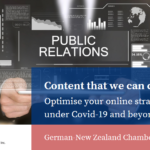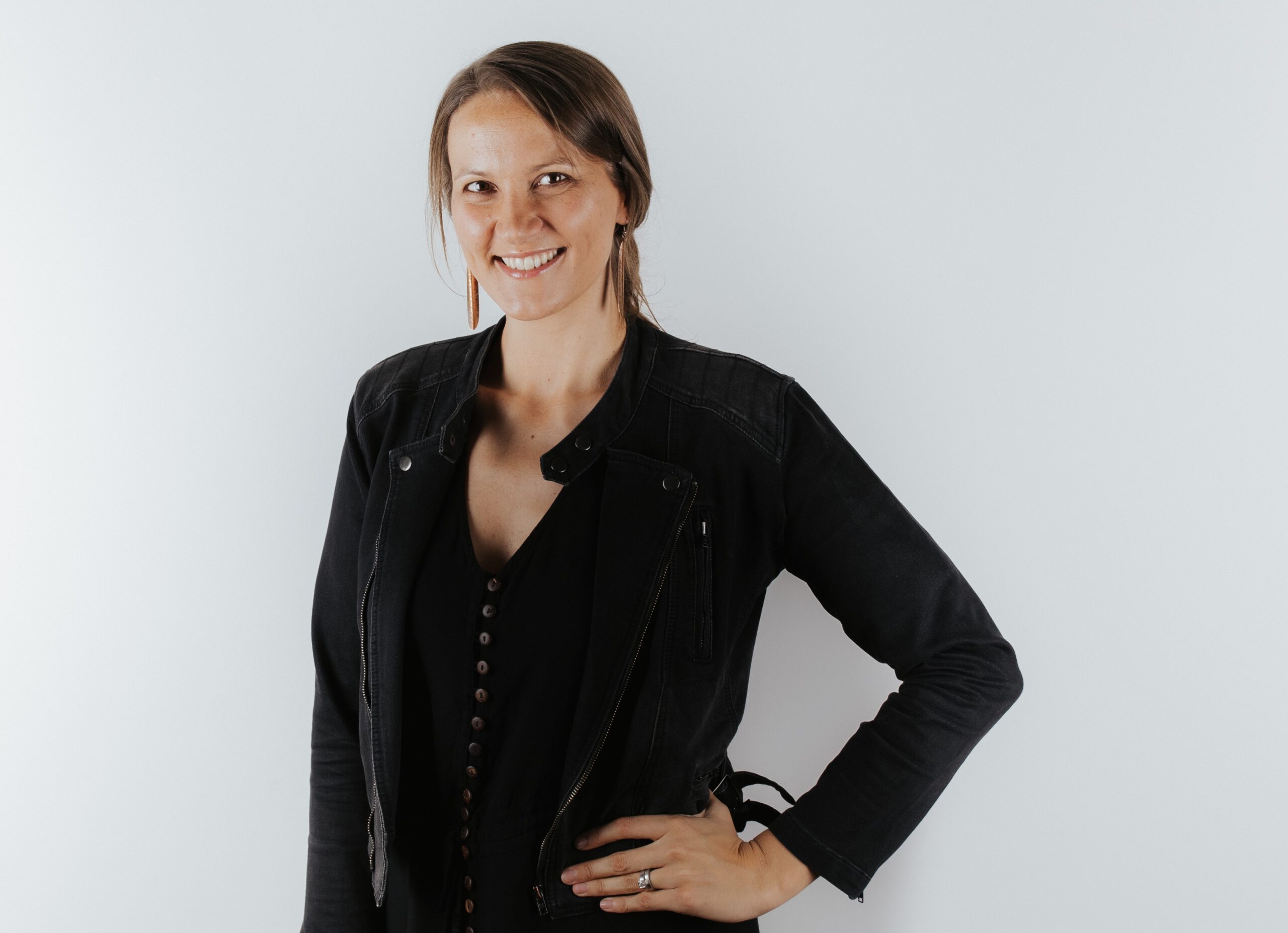Marketing’s lockdown lessons
Jacquie Bennett offers five practical actions for business owners to take in order to emerge from the lockdown on a trajectory for growth and success. There’s no doubting the Covid-19 impact […]
Jacquie Bennett offers five practical actions for business owners to take in order to emerge from the lockdown on a trajectory for growth and success.
There’s no doubting the Covid-19 impact has been swift and hard-felt, and I want to acknowledge the pain and trauma of this event first and foremost, Kia Kaha everyone.
I also think it’s important, and timely, to acknowledge the role of business in our recovery, it’s important we all get back on our feet, important to our economy and to the livelihood of all Kiwis. Businesses need to grow and thrive to benefit us all.
Here are 5 observations and ideas on how they can.
1 – We’ve become even more patriotic. Now is the time to dial up the local love.
The quick, clear and communicative nature of the New Zealand government’s response to COVID-19 has been the envy of many countries around the world.
Watch as we shift from ‘stay home’ to ‘support local’. There will be a surge in appreciation for all things Kiwi over the next year – food, fashion, music, travel and more. We will also feel a great responsibility to help keep New Zealand companies afloat. Highlight the local origins of products and ingredients, use local artists, local talent and local businesses, wherever possible.
Now is also a great time for New Zealand brands to partner up and support one another. If the biggest rival companies in the world Apple and Google can form a partnership, then anyone can. New Zealanders are inventors by heart. What can we do to help, inspire and support not only each other, but people all over the world?
2 – Mass Anxiety. The mental health of the nation is something every business can contribute to.
People who have never experienced anxiety before are experiencing it now, and those with a history are probably finding those feelings are bubbling up again. So, for the first time we’re all anxious, and stigma melts away when everyone is affected, which makes it easier to talk about.
Now is a great time to show support, empathy and understanding. It could be a grand gesture like Xero who offer subscribers free access to counselling through its Xero Assistance Programme, or it could be something small like sharing something uplifting.
The more brands and businesses that can support our wellbeing, the better. For the ones that do, there is a huge opportunity to strengthen the connection between consumer and brand.
3 – Community First. Act (even more) hyper local.
Being stuck in our bubbles has forced us to engage more with our communities. We’ve discovered new walks, grown a greater appreciation for the local shops (especially cafe’s) and heightened our connections with our neighbours. It’s likely that communities won’t forget the bonds they’ve forged during these hard times.
This hyper-local behaviour gives brands and businesses the opportunity to get super personalised and targeted in their approach. Rally communities with unique, tailored approaches and opt for deeper engagement.
Businesses can find a community initiative that’s working and fuel it to go further, or create their own local initiative. Perhaps your brand can act as an enabler for new community events and initiatives that get local businesses back on their feet?
Friends In Need is a free service, designed to help those in need of assistance. It’s a labour of love, started by two Auckland sisters.
4 – We’re all connected now. Engage customers with a new level of digital confidence.
There’s been a technology confidence boost across the board; many of us have broken out of our comfort zones to work from home and try new collaboration tools, and the classic ‘laggards’ in our society have started video calling their families, doing their grocery shopping online and watching online TV platforms.
Now is the time for brands and businesses to enhance their digital relationships with customers. Technology brands should also consider new customer groups that might now be more digitally savvy.
Technology and digital interactions should offer utility, connection and value. Most importantly, interactions should put the customers’ needs first.
5 – We’re doing more with less. Be relevant to this mindset and grow in new directions.
Level 4 lockdown has taught us that the simple things in life can make us happy. Being with our family, going for a walk, baking and doing the gardening.
Combine this with the difficult economic times to come, and people will be making the most of what they’ve got. This doesn’t mean people will stop spending, it just means they’ll be seeking higher value, lower cost items, DIY products and even items that offer something to the whole household.
To appeal to this mindset, businesses should demonstrate the value their product offers over and above its typical usage.
Brands can enable people to make it themselves (food, fashion, home and beauty for example), and of course higher-priced brands should look to elevate lower priced items that have the feel-good factor.
New Zealand fashion brand RUBY launched Sewing Class – where shoppers can buy the patterns and instructions and make Ruby items themselves. This is a great example of a brand reflecting the desires of its target audience.
Hopefully there’s something here that resonates with your business/ your brand and it sparks a conversation. Why not use these 5 points as part of a brainstorming session and see where it leads? Here is a list of other great resources and links that we recommend to guide marketing:
- Marketing in the time of Coronavirus, a must-view webinar for marketers, by Mark Ritson.
- Perceptive NZ’s COVID-19 insight tracker to understand the headspace of Kiwis and business owners.
- Kantar’s COVID-19 study on changing media behaviours and expectations of brands.
- Small business resilience kit, a podcast by Tony Robbins.
- Advertising in a recession, an article from Peter Field (legendary ad effectiveness expert) on the rules for advertising.
Jacquie Bennett (pictured) is a partner and director of Insight & Strategy at Auckland-based brand agency HeyYou.






